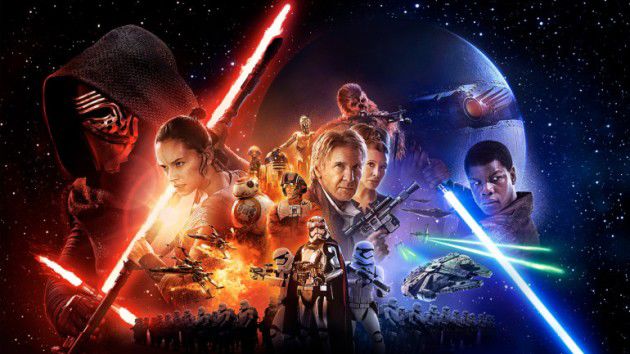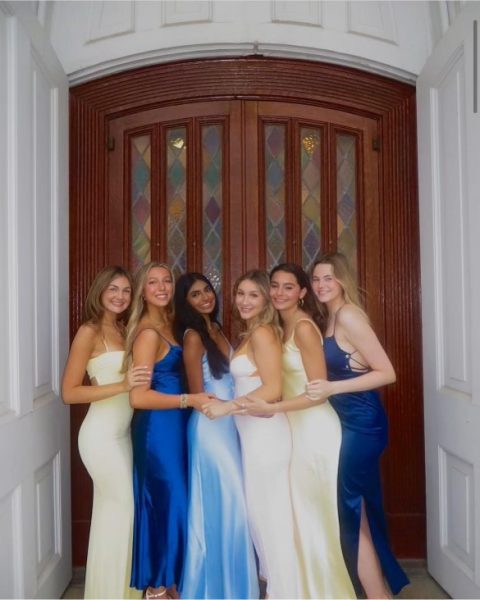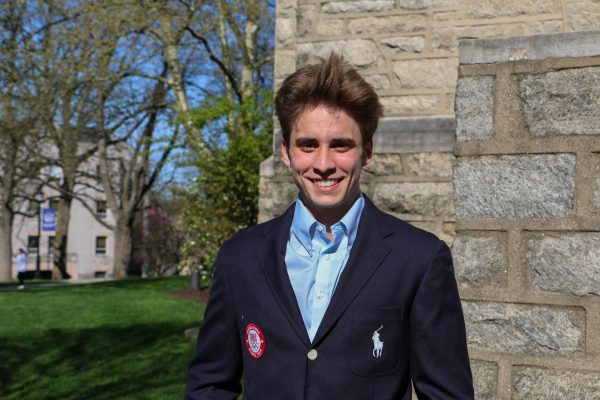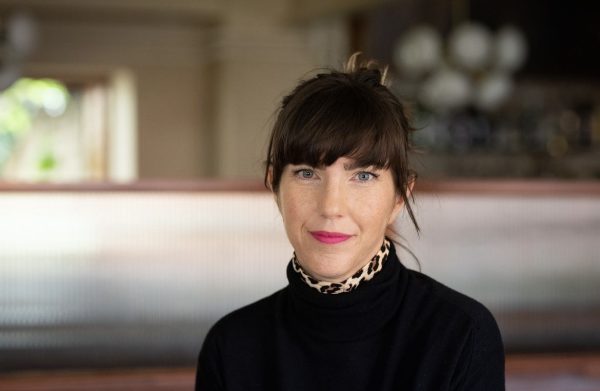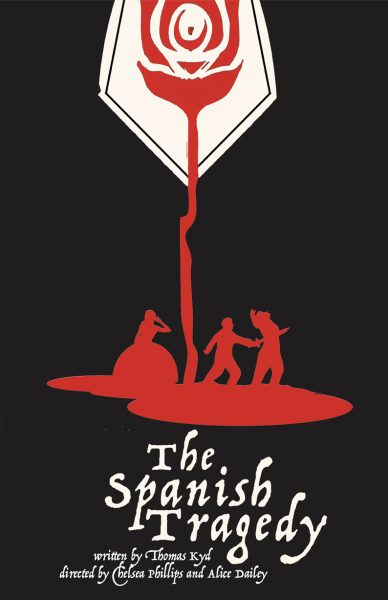The Force Awakens: true to the spirit of the original trilogy
February 2, 2016
If, like me, you were just a fetal Star Wars fan in 1999 when the-movie-that-shall-not-be-named (The Phantom Menacing our Fandom) first hit theaters, then you perhaps do not recall the crushing disappointment that hit established fans of the franchise. Putting it in context, imagine sitting down to Part II of “The Deathly Hallows” debuted to fevered audiences without any mention of Harry, Ron or Hermione, but rather narrated the exploits of some new and irrelevant characters.
It is so terribly easy for a reboot to disappoint that we often cease to expect greatness and are impressed that “Meh, at least we didn’t cringe,” which is why it is all the more impressive that when it came down to the wire, J.J. Abrams’ “Star Wars VII: The Force Awakens” blew our minds and our credit card bills on repeated viewings.
In addition to innovative, original storytelling such as TV’s “Lost” and movies like “Super 8” and “Cloverfield,” adding to the canon of Legacy Movies is nothing new for J.J. Abrams. The creative mind behind “Mission Impossible: Ghost Protocol” and the 2009 “Star Trek” reboot as well as its sequel, Abrams’ additions were careful not to tread on the toes of even some of the most die-hard fans. Star Trek also demonstrated the director’s knack with nostalgia. Even though “Star Trek” and “Star Wars” might look basically interchangeable (after all their names are 50% the same) each canon’s approach to storytelling could not be more different.
At its finest, Star Trek has excelled at examining contemporary issues through the lens of deep space and delivering relevant social commentary from the final frontier, while Star Wars, from its inception, has served as a kind of modern mythology from a galaxy far, far away. With the archetypal characters at the center of the Skywalker family’s multi-generational saga, the Star Wars films have left an undeniable (and highly quotable) stamp on the popular consciousness.
Why the comparison between Star Wars and another franchise that I just said is totally different? Well, friends, the mythological character of Star Wars is exactly the reason that “The Force Awakens’” particular dependence on nostalgia just works.
Critics can point fingers at this latest installment for apparently simply recycling the lion’s share of its narrative from “A New Hope,” the 1977 film that started it all; however, by revisiting for a new generation of viewers exactly what made the original trilogy so timeless, the filmmakers have quietly kicked the more recent prequel trilogy’s wooden soap opera attempt at social commentary under the rug.
It’s true that “The Force Awakens” bears an obvious resemblance to “A New Hope” both in terms of the characters and the plot. Rey (Daisy Ridley) survives by scavenging spare parts on a desert backwater not unlike Luke Skywalker’s drudgery on Tatooine. Han Solo (the incomparable Harrison Ford) is still the roguish smuggler who steals every scene, but by confirming for Rey the reality of the Jedi and the Force, which for her existed only as myth rather than history, he steps neatly into the role of mentor which Obi Wan Kenobi (Sir Alec Guinness) filled for Luke.
Even the final assault on the Death Star’s substitute is basically dependent on clever piloting and sharp-shooting. Kylo Ren (Adam Driver) is a self-conscious Darth Vader wannabe (Peep “Emo Kylo Ren” on Twitter for the latest and greatest of his particular angst) who suffers from father issues that mirror Vader’s resentment of his own mentor.
What made this franchise so special was not only the ground-breaking space battles nor the virtuosity of the special effects (although we clearly enjoy both). It’s possible to credit the appeal of “The Force Awakens” to the filmmakers’ storytelling ability, but another explanation is that the essential archetypes which the characters embody speak for themselves.
We are always going to root for the underdog, we are always going to both loathe and pity (by pity I mean dress up as) the villains whose heartbreak we understand. The Star Wars saga and its characters are timeless, and “The Force Awakens” rekindles that magic. It’s the ultimate fairy tale and, in the immortal words of Taylor Swift, it’s never going out of style.
As a foundation for the trilogy’s next two installments, the Force Awakens is wonderfully true to the spirit of the original trilogy. If you grew up dueling light-sabers and dressing up as Princess Leia for Halloween, the movie feels as much like coming home as Han Solo and Chewie do when they find the Millennium Falcon. The question now is if the filmmakers will break new ground now that their audience has gotten reacquainted with a galaxy far, far away.

